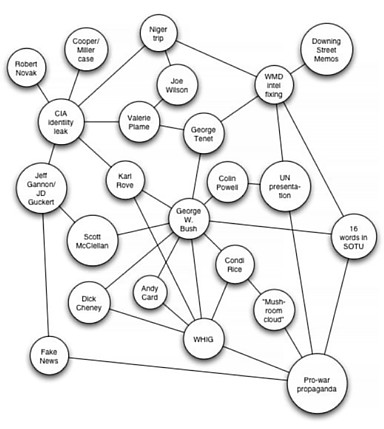Labor
There was big news in the world of labor relations this past week. A few big unions decided to split with the AFL-CIO.
The three unions that have announced disaffiliation -- UFCW, SEIU, and Teamsters -- are all part of the Change to Win Coalition, and other Change to Win unions may soon follow. Hoffa Jr. of the Teamsters and Andy Stern of the SEIU have spoken about their reasons for the move, and I think they make a good point.
The AFL-CIO has been spending a lot of money on lobbying in order to get worker-rights legislation passed and to get labor-friendly politicians elected. For those of us who work for other people (and that's most of us) the AFL-CIO's lobbying is generally beneficial, even if we don't belong to a labor union.
However, if we look at the classic struggle between owners and laborers, it stands to reason that the ones who control the greater amount of capital will have the more effective lobby. I'm a patzer at chess, but even I know that you don't bother applying pressure to the strongest point in your opponent's position. When it comes to buying politicians, the labor unions just can't compete with the corporate PACs. This is especially true given the substantial, decades-long decline in union membership.
So the Change to Win unions plan to spend more on organizing activities. Which, if successful, will reverse the membership trend. And the workers will, in theory, form a larger bloc of voters that politicians, whether bought or not, won't be able to ignore.



